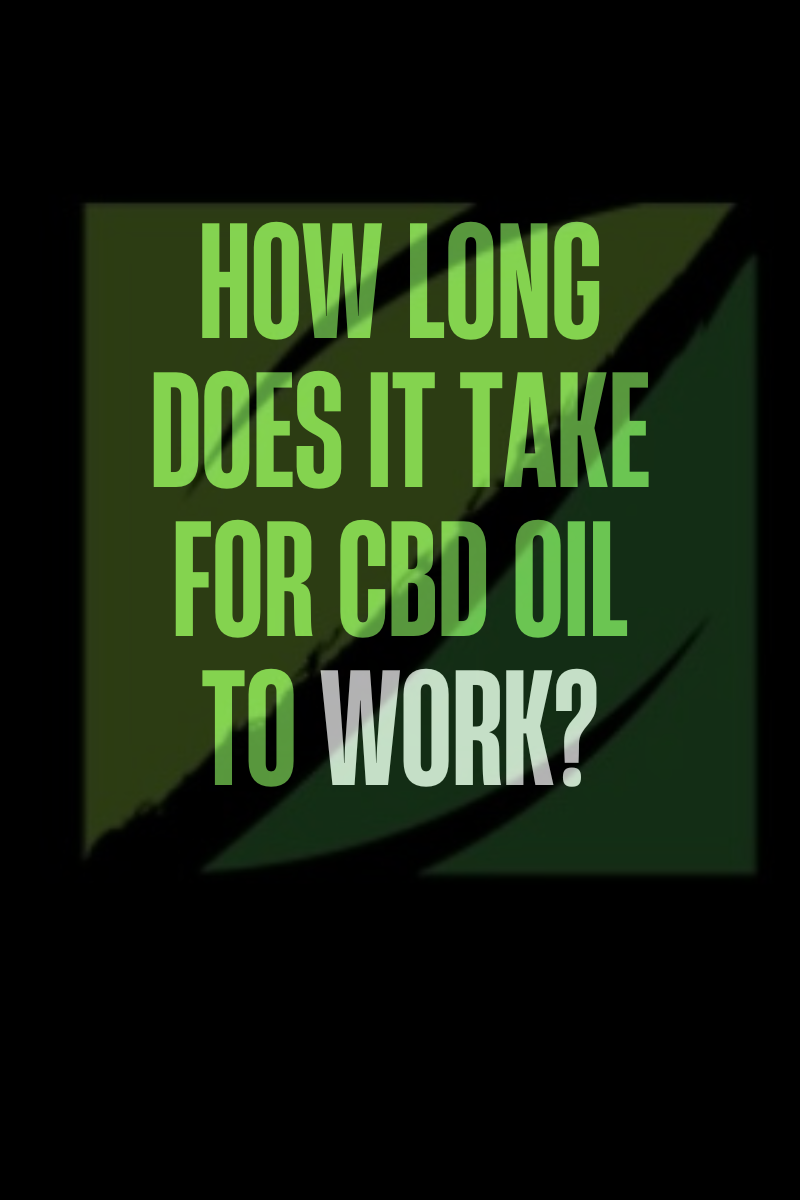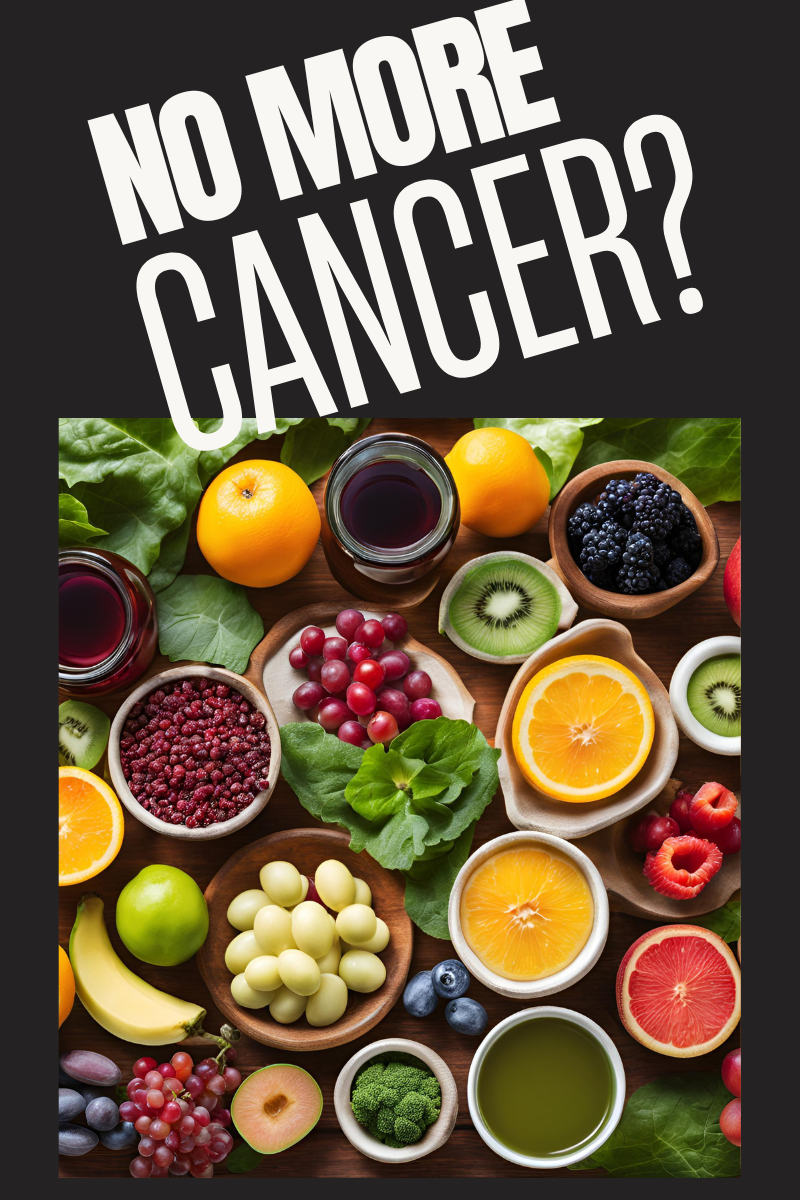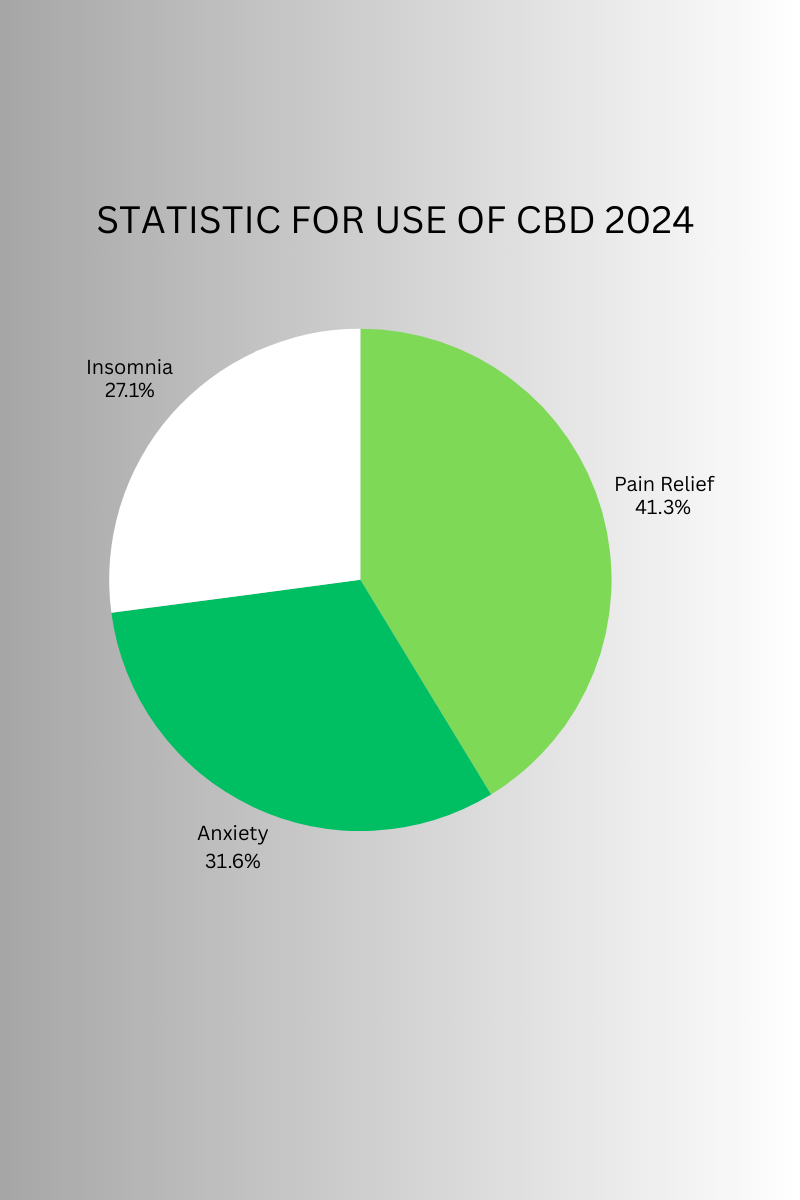Understanding Cannabis Keywords: Top Searches Explained
·

·
In the world of search engines, some terms related to cannabis are more popular than others. Let's dive into the most searched keywords and highlight two key differences between each:
Cannabis
Cannabis refers to the plant species known scientifically as Cannabis sativa.
-
Key Differences:
-
Legal Status: Unlike CBD, cannabis can contain significant amounts of THC, making its legal status more complex and variable by region.
-
Usage: Beyond medicinal use, cannabis is also popular for recreational purposes, unlike CBD which is mostly sought after for wellness.
-
-
Stats: According to Google Trends, "cannabis" has seen a steady increase in search interest over the past few years, reflecting growing legalization and public curiosity. Google Trends Data
CBD
CBD, or Cannabidiol, is one of many compounds found in cannabis plants, known for its potential therapeutic effects without psychoactive properties.
-
Key Differences:
-
Psychoactive Properties: CBD does not get you "high," in contrast to THC, which is psychoactive.
-
Legal Availability: CBD products are often more widely available, even in regions where cannabis is not legal for recreational use, due to its non-psychoactive nature.
-
-
Stats: Searches for "CBD" have skyrocketed, with a 423% increase in search volume from 2017 to 2019 as per Brightfield Group's research. Brightfield Group Report
Marijuana
Marijuana is another term for cannabis, often used colloquially or in legal contexts.
-
Key Differences:
-
Cultural Perception: "Marijuana" is sometimes associated with negative connotations due to historical drug policies, unlike "cannabis," which is seen as more scientific or neutral.
-
Search Context: Searches for "marijuana" tend to focus more on legal issues and recreational use, while "cannabis" might encompass broader inquiries including medical uses.
-
-
Stats: Data from SEMrush shows "marijuana" consistently among the top cannabis-related keywords with significant monthly search volumes. SEMrush Insights
CBD Oil
CBD Oil is a concentrated form of CBD extracted from cannabis or hemp plants.
-
Key Differences:
-
Extraction Method: CBD oil can be extracted via various methods, influencing potency and purity, unlike CBD gummies where the CBD is embedded in a solid form.
-
Application: While CBD oil is versatile for use in various forms (tinctures, capsules), CBD gummies offer a more straightforward, measured dose.
-
-
Stats: In 2022, CBD oil was among the top searched cannabis products with over 1 million searches per month globally, as reported by Ahrefs. Ahrefs Keyword Explorer
Dispensary
Dispensary refers to a store or facility where cannabis products are sold legally.
-
Key Differences:
-
Product Range: Dispensaries offer a wide array of products (flowers, edibles, concentrates), unlike CBD shops which might focus solely on CBD products.
-
Regulation: Dispensaries are heavily regulated, requiring special licenses, while CBD shops might operate under less stringent rules in some areas.
-
-
Stats: With legalization spreading, searches for "dispensary" near me have surged, with an average of over 200,000 searches per month in the U.S. alone, according to Google Keyword Planner. Google Keyword Planner
CBD Gummies
CBD Gummies are edible candies infused with CBD, offering an easy consumption method.
-
Key Differences:
-
Dosage Control: Gummies provide a pre-measured dose of CBD, making it easier to control intake compared to oils where dosing can be more complex.
-
Taste and Experience: They offer a tasteful alternative to more medicinal forms like oils, enhancing user experience.
-
-
Stats: The CBD edibles market, including gummies, is expected to grow significantly, with a projected CAGR of 32.8% from 2021 to 2028, according to Grand View Research. Grand View Research Analysis
Cannabis Seeds
Cannabis Seeds are used for growing cannabis plants, both for personal use and commercially.
-
Key Differences:
-
Genetics: Seeds vary in strain, affecting the plant's growth, flavor, and effects, unlike CBD products where the CBD content is the primary focus.
-
Legal Considerations: Buying and selling seeds can be subject to different laws than consuming cannabis products, with some places allowing seed sales where cannabis use is illegal.
-
-
Stats: Interest in "cannabis seeds" has grown by 150% year-over-year, reflecting the expanding home cultivation market, per Leafly's consumer insights. Leafly Consumer Insights
THC
THC, or Tetrahydrocannabinol, is the primary psychoactive compound in cannabis.
-
Key Differences:
-
Psychoactive vs. Non-Psychoactive: THC is psychoactive, causing the "high," while CBD is not.
-
Medical vs. Recreational: THC is sought after for both medical and recreational use, whereas CBD is predominantly for health benefits without intoxication.
-
-
Stats: THC-related searches, particularly around effects and legal status, rank highly, with monthly searches in the hundreds of thousands, according to Moz's Keyword Explorer. Moz Keyword Explorer
Weed
Weed is a slang term for cannabis, often used in casual or informal contexts.
-
Key Differences:
-
Cultural Connotation: "Weed" is more casual and often associated with recreational use, contrasting with "cannabis," which can be seen as more formal or medical.
-
Search Intent: Searches for "weed" might show more interest in street culture, slang, and informal discussions about cannabis than other terms.
-
-
Stats: "Weed" maintains high search volumes, particularly among younger demographics, with an average of 1.5 million searches per month, per SpyFu. SpyFu Keyword Research
Hemp
Hemp is a variety of the cannabis plant cultivated for industrial and non-drug use.
-
Key Differences:
-
THC Content: Hemp must have less than 0.3% THC to be legally distinct from cannabis, focusing on industrial applications rather than psychoactive effects.
-
Product Use: Hemp is used in textiles, food, and other products, unlike cannabis, which is primarily sought for its psychoactive or medicinal compounds.
-
-
Stats: The global hemp market is projected to reach $18.6 billion by 2027, driven by increased legalization and applications, according to MarketsandMarkets. MarketsandMarkets Report



